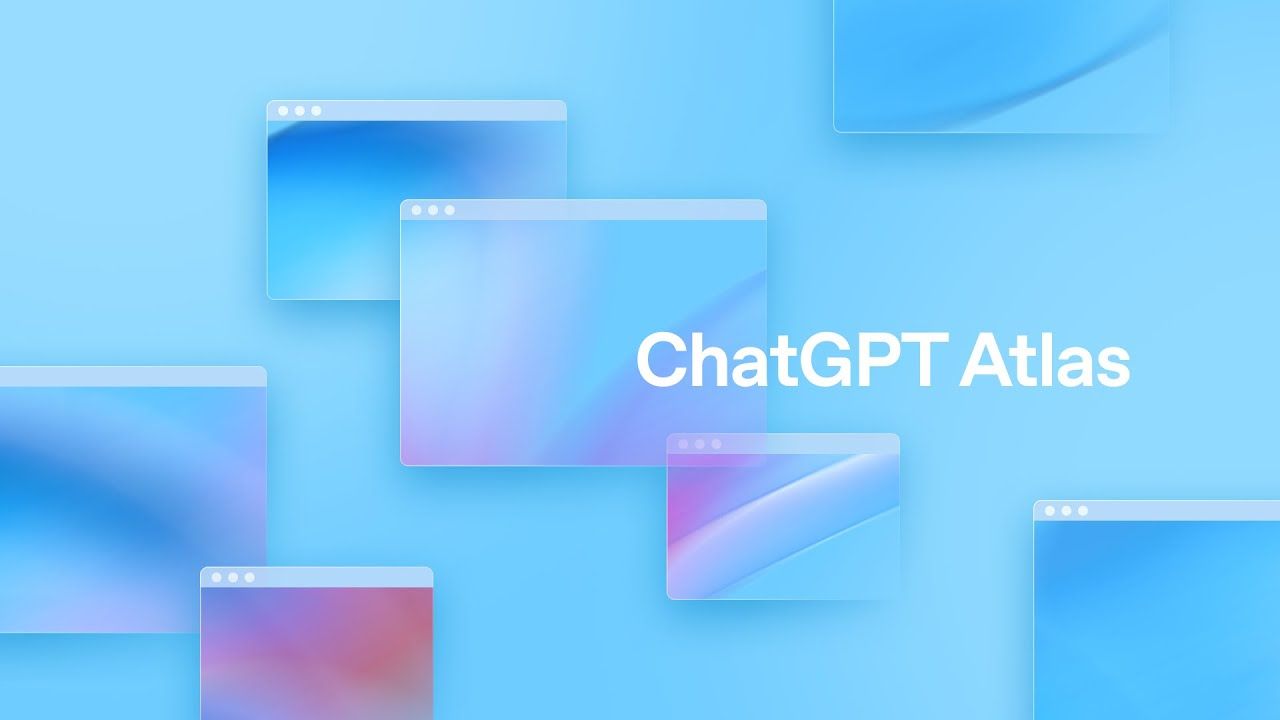
Even in 2025, browser wars continue to be a thing. Google and Microsoft have been at the forefront of these battles, with the latter recently using a Bing ad to promote Edge as the "recommended" Windows 11 browser, highlighting AI tools and a built-in VPN.
And now, OpenAI has joined the fold with an AI-powered browser called ChatGPT Atlas. The browser already shipped to general availability on macOS and is expected to ship across Windows, iOS, and Android "soon".
Meet our new browser—ChatGPT Atlas.Available today on macOS: https://t.co/UFKSQXvwHT pic.twitter.com/AakZyUk2BVOctober 21, 2025
It's worth noting that the browser's agent mode will exclusively be available for ChatGPT Plus and Pro users. It is still unclear whether OpenAI will ship agent mode to ChatGPT free users.
While launching ChatGPT Atlas via a livestream, OpenAI CEO Sam Altman indicated that "this is just a great browser all-around — it’s smooth, it’s quick, it’s really nice to use." And as the browser's name suggests, ChatGPT is the “beating heart of Atlas,” with multiple OpenAI staffers echoing similar sentiments.
ChatGPT Atlas ships with a host of nifty features, including memory, which Adam Fry, the product lead for ChatGPT Search, touts as the browser's best feature. OpenAI says the feature makes the browser more personalized and helpful.
For context, this means that you can use ChatGPT directly from Atlas to take actions on your behalf, including booking flights or even restaurant reservations. As expected, OpenAI has heavily integrated its agentic AI tools in ChatGPT Atlas' agent mode, including ChatGPT agent and Operator to bolster its user experience.
Perhaps more interestingly, when you click on a link from search results, the screen splits into two by default (showcasing the webpage as well as the ChatGPT transcription. OpenAI revealed that the goal behind this feature is to ensure that the user always has a companion by their side while browsing, though this feature can be disabled via the settings.
OpenAI says ChatGPT Atlas is an early experience and welcomes feedback from users to guide its next steps in developing the browser further.
Elsewhere, there's been an influx of AI-powered browsers coming into the market. From Perplexity's Comet to Google heavily integrating AI features into Chrome, including AI Mode, AI Overviews, and Gemini. Alphabet, Google's parent company, shares by fell 2.5% following ChatGPT Atlas' announcement.
It will be interesting to see how these AI browsers impact Google's dominance in the landscape. Will you be giving AI browsers a chance and using them as your daily driver? Share your thoughts with me in the comments.

Follow Windows Central on Google News to keep our latest news, insights, and features at the top of your feeds!







